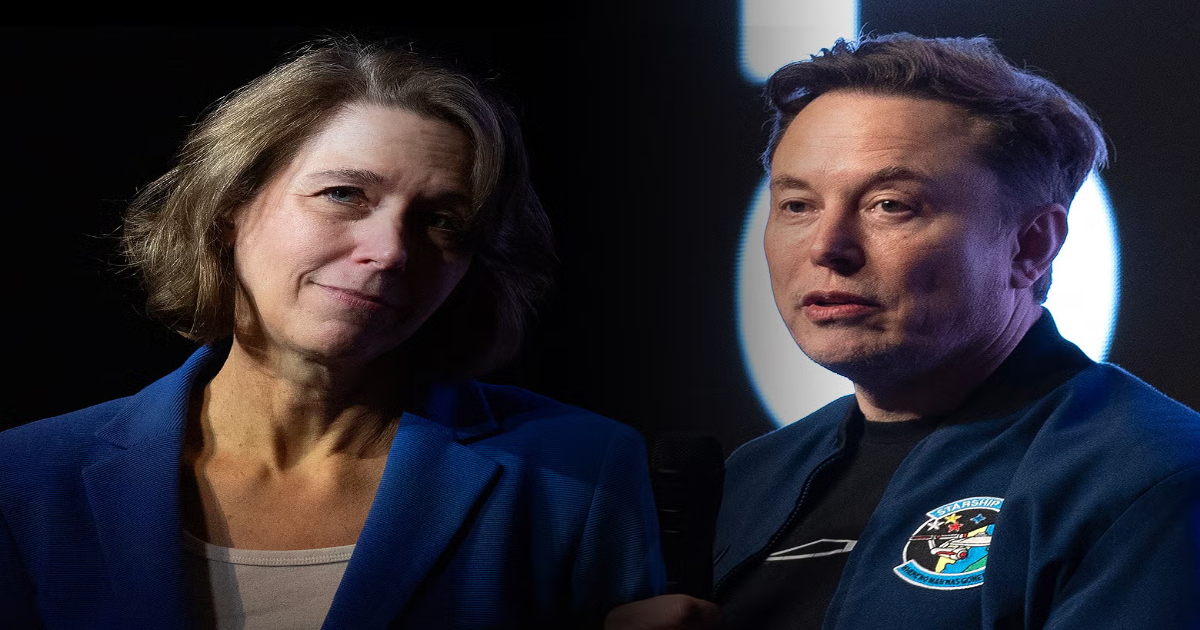Sign up for the Slatest to get the most insightful analysis, criticism, and advice out there, delivered to your inbox daily.
Democrats and progressives rightly celebrated the victory of liberal Susan Crawford over Trump-endorsed Brad Schimel for a seat on the Wisconsin Supreme Court. But the left is prematurely gloating over how Elon Musk’s deep support of Schimel appears to have backfired. There’s every reason to believe that the same pathologies in U.S. elections and election law on exhibition in Wisconsin will continue. So too will the outsize involvement of Musk and other billionaires in American elections, although the Wisconsin race is more likely to push Musk and his compatriots into the shadows.
One could teach an entire course in election law by studying just this one race. To begin with, the United States has the oddity among advanced democracies of electing (rather than appointing) many of its most important judges, and thanks to rulings of the U.S. Supreme Court, judicial candidates have a First Amendment right to telegraph how they are likely to rule on contested issues likely to come before them. That in turn makes these races more polarizing. Even though the Wisconsin race was nominally nonpartisan, Crawford had the support of the Democrats and Schimel of the GOP. The race attracted record spending surpassing $90 million, in part because ideological control of the state court turned on the outcome of this race.
The partisanship has long spilled into the court itself. Years ago, one of the conservative justices was credibly accused of trying to choke one of the liberal justices at one of their meetings. After Crawford’s Tuesday win, one of the conservative justices on the court, Rebecca Bradley, commented: “I think the way Judge Crawford ran her race was disgusting. …I’m not looking forward to working with her. She’s bought and paid for by the Democratic Party.”
And not to be missed are the stakes themselves. Aside from a high-profile abortion rights case, the most important issue likely to come before the Wisconsin justices soon involves the question of whether partisan gerrymandering violates the state Constitution. Wisconsin has some of the most gerrymandered congressional districts in the country, and when conservatives controlled the court, they rejected arguments to require the drawing of fair districts under the state Constitution. The court could now reverse such a holding with Crawford’s victory. (The opposite happened in North Carolina, where the left-leaning state Supreme Court first recognized partisan gerrymandering claims only to see that reversed when the right took control of the court.)
Redistricting, more than anything else, probably explains why Elon Musk poured more than $20 million into this race and made numerous statements and even a personal appearance to boost Schimel. He said on the Sunday before the election: “If the [Wisconsin] Supreme Court is able to redraw the districts, they will gerrymander the district and deprive Wisconsin of two seats on the Republican side. … Then they will try to stop all the government reforms we are getting done for you, the American people.” Indeed, he also said: “What’s happening on Tuesday is a vote for which party controls the U.S. House of Representatives—that is why it is so significant. … And whichever party controls the House to a significant degree controls the country, which then steers the course of Western civilization. I feel like this is one of those things that may not seem that it’s going to affect the entire destiny of humanity, but I think it will.”
So Musk went all in. But he made himself the story, coming personally to Wisconsin and not only donning a cheese hat but also throwing his wealth around in ways that skirted, or broke, the law. As he did in Pennsylvania before the 2024 elections, he offered $100 for people to sign petitions, the one in Wisconsin against “activist judges.” This got attention and gathered names for the campaign to target.
And then in the middle of the night the weekend before the election, he announced on X—the platform he owns and uses to promote his political causes—that he would give away $1 million to some people who voted in the Wisconsin race. That announcement likely violated Wisconsin election law, as I explained soon after it was made. He quickly reworked his plan so that it no longer required proof of voting, in order to give it a sheen of legality, but the message was out there. Indeed in another message that Musk’s people posted and then took down, one of the $1 million winners of Musk’s giveaway (which apparently also wasn’t a random lottery) said she got the money in part for voting.
After Musk lost, he downplayed the importance of the race, but his political people signaled he is going to stay involved in supporting Republicans in 2026 and beyond. The lesson he’s likely to learn is the lesson other billionaires already have learned. If you’ve got it, don’t flaunt it. People are turned off by the display of money being converted to raw political power.
Thanks to our opaque campaign finance rules, he’ll be able to funnel as much money as he wants to help the next Brad Schimel while staying in the shadows. Musk lost in Wisconsin, but don’t count him out.


